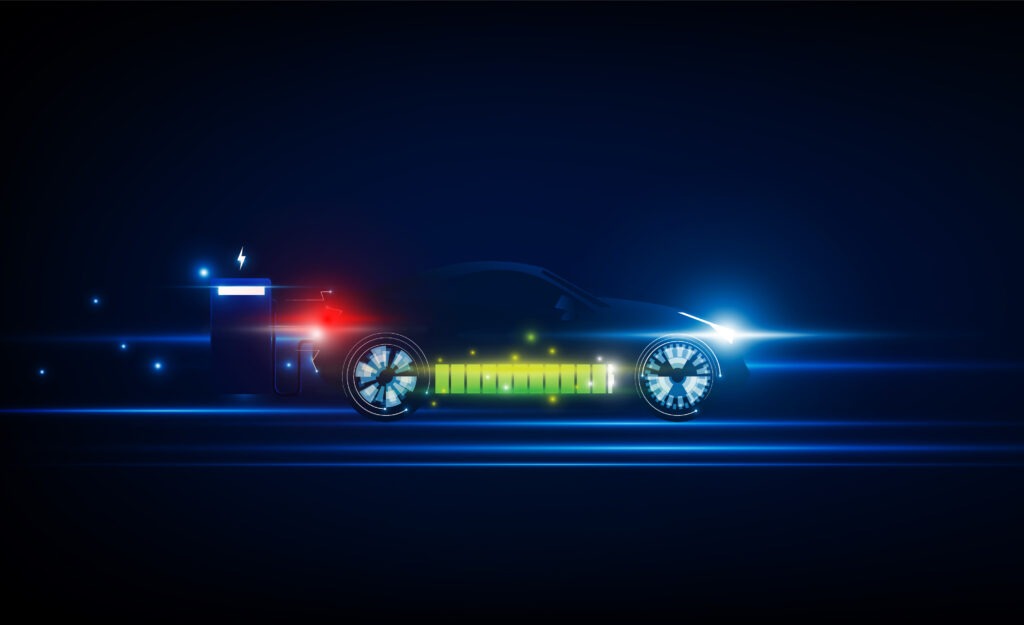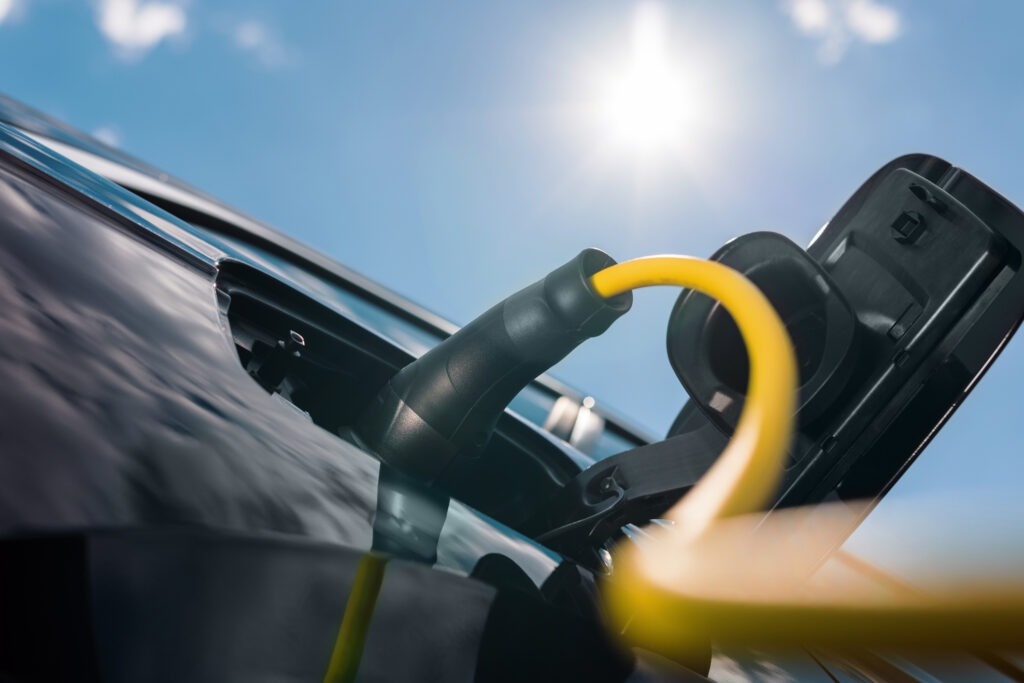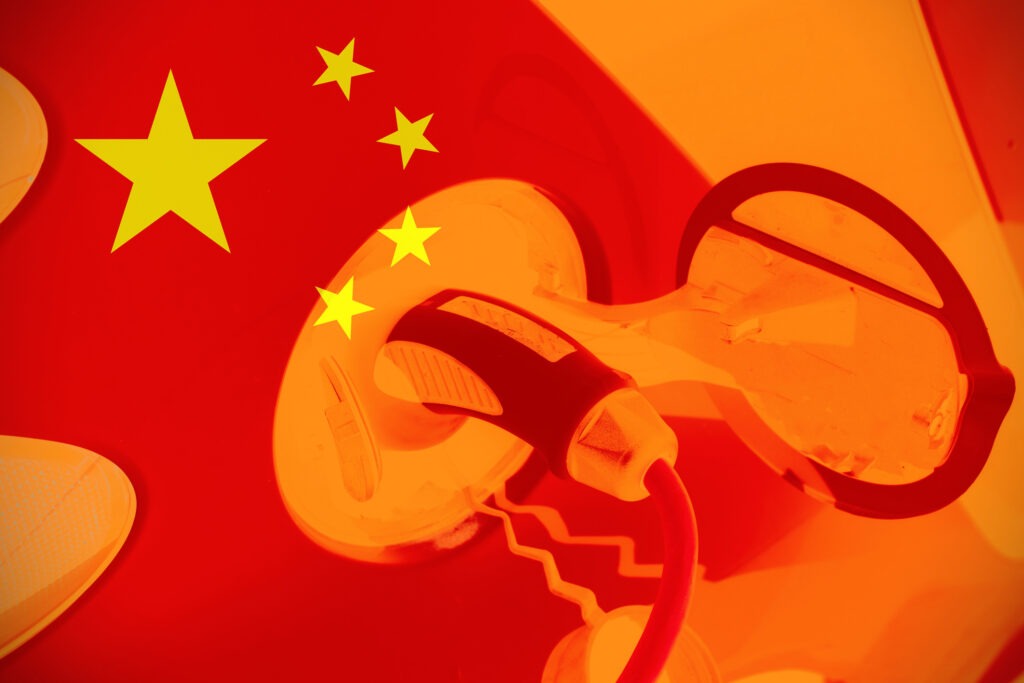Which carmakers delivered the most EVs in the first half of 2024?
27 August 2024

At the end of the first half of 2024, which brands and OEMs delivered the most electric vehicles (EVs)? José Pontes, data director at EV Volumes, ranks the most successful carmakers with Autovista24 editor Tom Geggus.
After the first six months of the year, BYD was the best-selling EV brand globally. The Chinese carmaker recorded 324,838 registrations of battery-electric vehicles (BEVs) and plug-in hybrids (PHEVs) in June. This was its second-best ever result, only behind last December’s score. After an encouraging result in May, Tesla took second with 193,684 deliveries in the month.
BMW claimed third place with a year-best score of 50,191 units. This puts the German brand on course to repeat its performance from 2023. Should this happen, the top three spots at the end of 2024 would remain unchanged year to year.
In fourth, Li Auto benefitted from the success of the L6, recording its best monthly total of 2024 with 49,775 registrations. Volkswagen (VW) took fifth in June with 42,452 deliveries. This new year-best performance is thanks to positive results from the ID.4 and ID.3. Taking seventh with 33,757 units, GAC’s Aion brand also posted its best result for the year to date.
The second half of the table saw Nio reach a record 21,382 registrations, thanks to the good results of the ES6 SUV and the ET5. Leapmotor, which joined the best-sellers table in 19th with 20,223 deliveries, set its new best monthly total for 2024. In June, brands including Ford, Peugeot, and Jeep were replaced by Chinese brands in the top 20. Overall, China pushed 11 brands into the EV best-sellers list.
BYD still well ahead
Ranking brands by EV sales in the first half of the year, BYD stayed well ahead of Tesla, thanks to over 1.5 million registrations. The US brand reached 830,766 deliveries, three times as many registrations as BMW in third (267,058 units), with the German carmaker holding its position at the end of the first half of the year.
Wuling remained in fourth place, enjoying the success of its L6 model, posting 209,509 units. Yet has suffered from the price war in China, leaving its position vulnerable. Li Auto benefitted from positive results in the month, jumping to fifth, thanks to the success of its L6 model. The brand will be aiming to overhaul Wuling in the months ahead.
Aito moved up a place in June, taking eighth (183,460 units). Li Auto has been able to stay ahead of its competitor because Aito is effectively selling only in China. Li Auto also has set itself up in Russia, selling over 2,000 units a month to a country hungry for SUVs.
In the second half of the table, Kia benefitted from a good performance in June, climbing to 12th (132,125 units). SAIC moved up to 14th (126,426 units) thanks to the strong performance of the MG4.
Ford and Jeep dropped out of the chart, as Nio and Chery jumped into 19th and 20th respectively. With Leapmotor in 21st, fewer than 1,000 units behind, the top 20 looks set to keep seeing Chinese carmakers.
Price cuts paying off
With brands gathered under manufacturing groups, BYD held on to the lead in the first half of the year, with over 1.6 million registrations. The OEM’s pricing strategy has helped push its share up to 22.4% from 22.1% between January and May. Meanwhile, Tesla claimed an 11.6% share, up 0.6 percentage points (pp) on the previous month.
Third went to Geely–Volvo, accounting for 7.9% of sales thanks to 566,007 deliveries. The OEM has made significant gains over the last 12 months, progressing from a 5.2% share in the first half of 2023. While these positions are unlikely to change this year, things could change in 2025.
This will depend primarily on Tesla’s success. The refresh of Model Y will need to be successful, and any affordable models launched in the future will need to make an impact. Meanwhile, Geely is expected to release 33 new models as it keeps its lineup fresh.
VW Group’s recovery
Fourth-place VW Group (6.3%) remained stable, with 448,600 registrations. The OEM gained ground over fifth-place SAIC (5.2%, down from 5.4%) which posted 372,213 deliveries from January to June. Looking ahead, the Chinese group is unlikely to be able to catch up with the German carmaker.
While VW Group had a weak first quarter, it recovered in the second. If June is any indication, the German OEM could even build some market share. Meanwhile, SIAC suffered from weak performances from most of its brands. Wuling was particularly impacted by the price war led by BYD in China.
BMW Group (283,369 units) held sixth with a 4% market share, up by 0.1pp. Seventh-place Changan (3.8% share, down 0.1pp) and eighth-place Stellantis (3.7% share, down 0.2pp) both lost ground, reaching 274,239 and 268,260 registrations respectively.
Stellantis saw its share fall significantly over the past year. At the same point in 2023, the conglomerate held 4.1% of the global EV market. The OEM’s affordable EVs, such as the Citroen e-C3, e-C3 Airscross, Opel Frontera, and Fiat Grande Panda, need to arrive in significant volumes as soon as possible.
Tesla still leads BEV market
Tesla continued to lead the global battery-electric vehicle (BEV) market in the first half of 2024. While the carmaker accounted for 18.1% of sales, it lost 3.8pp compared to the same period last year. BYD came second with 726,153 deliveries and took 15.8% of the market, down 0.2pp. With Tesla losing share at a rapid pace, BYD might surpass it in the last quarter of 2024.
Geely–Volvo (343,386 units) remained stable with a 7.5% share, thanks to good results across its long lineup of brands. With 6.9% of the global BEV market, VW Group (316,983 units) climbed to fourth as SAIC slowed, taking a 6.7% share and recording 308,718 registrations. Below the top five, BMW Group finished sixth with 205,725 deliveries (4.5% share), followed by Hyundai Motor Group in seventh, posting 192,946 units (4.3% share).



